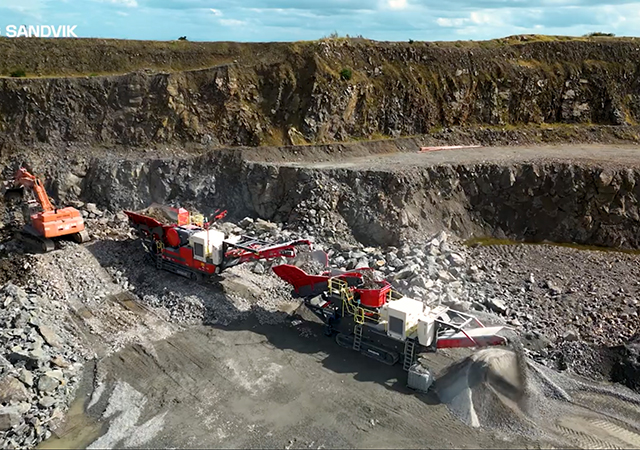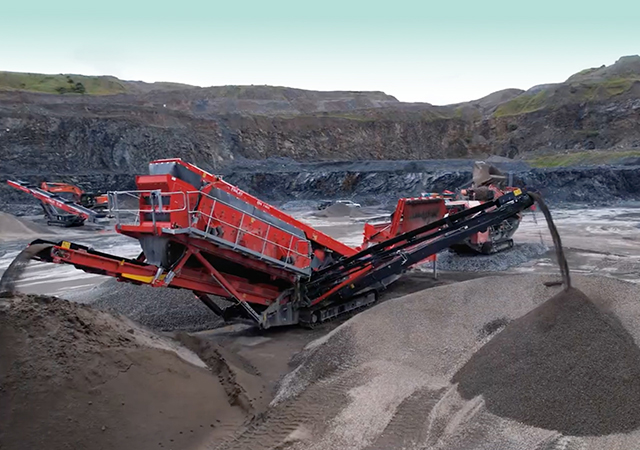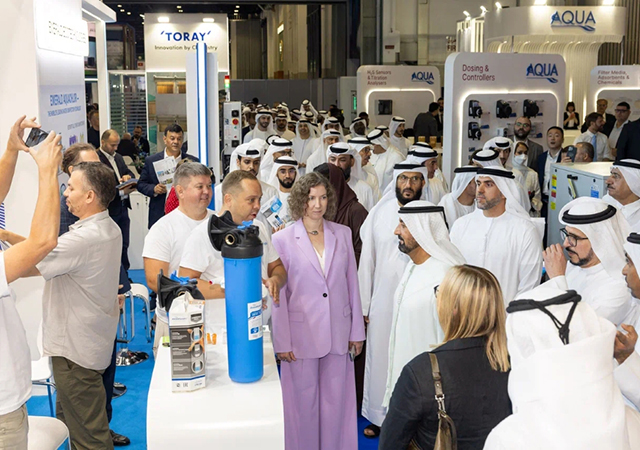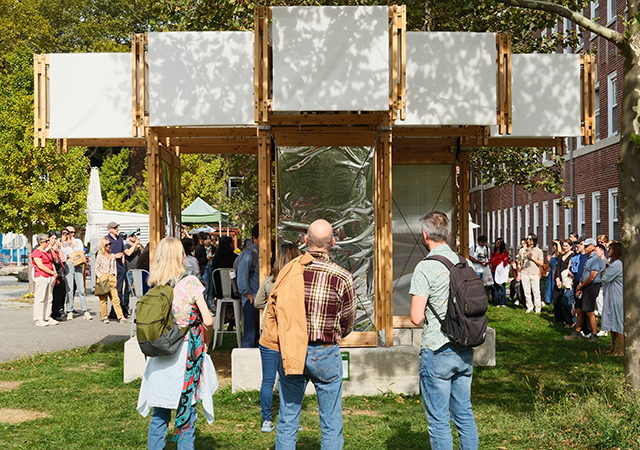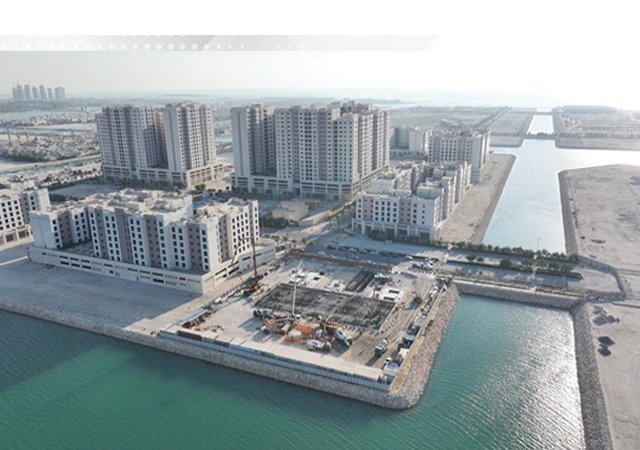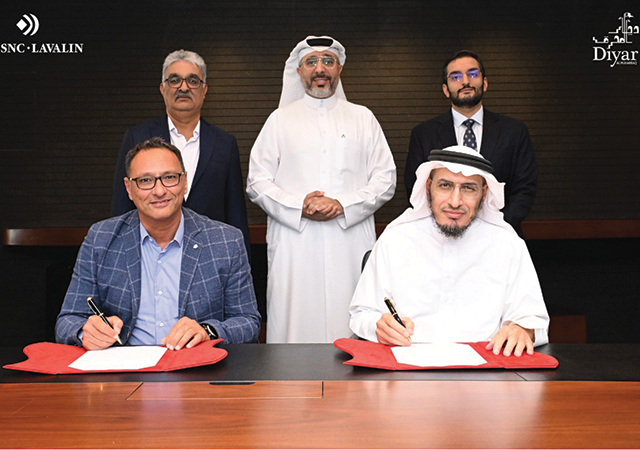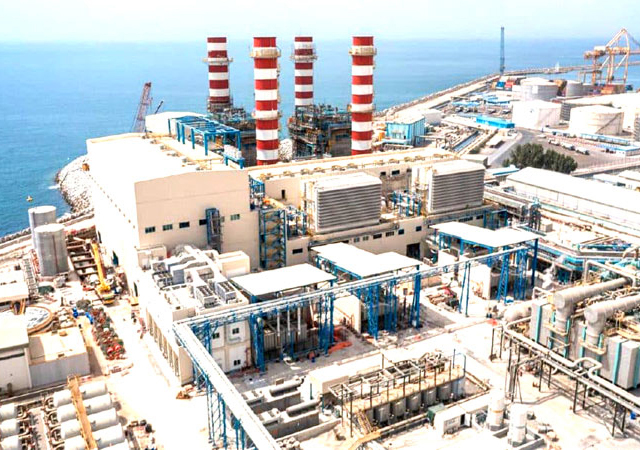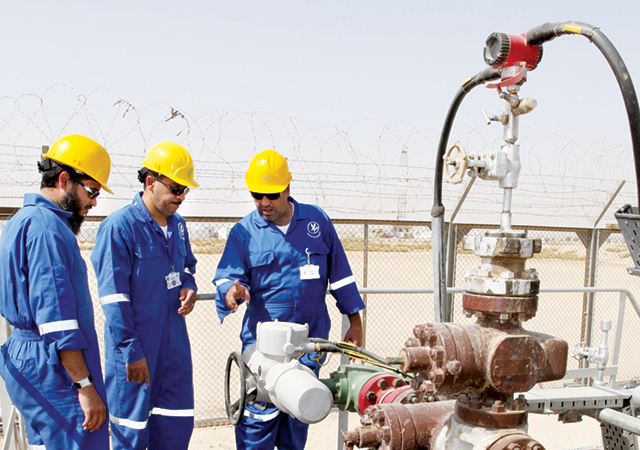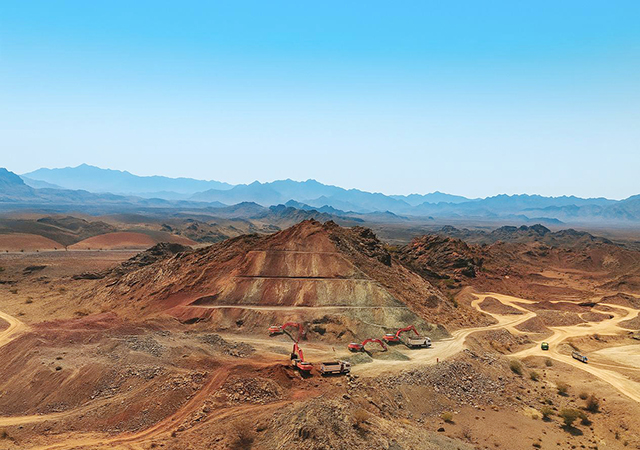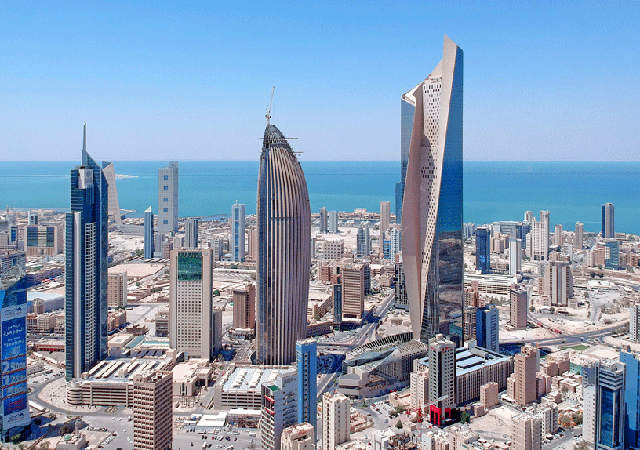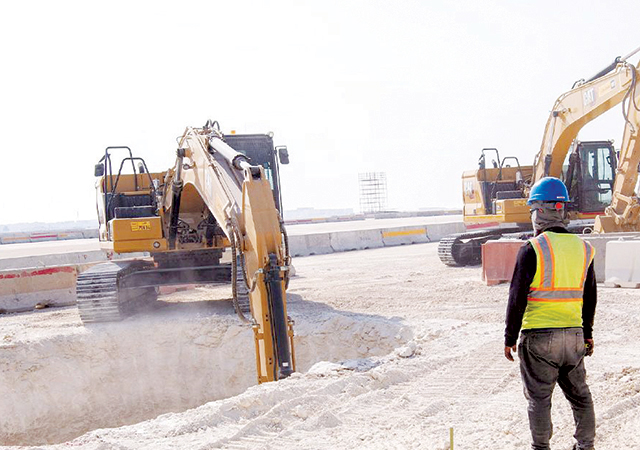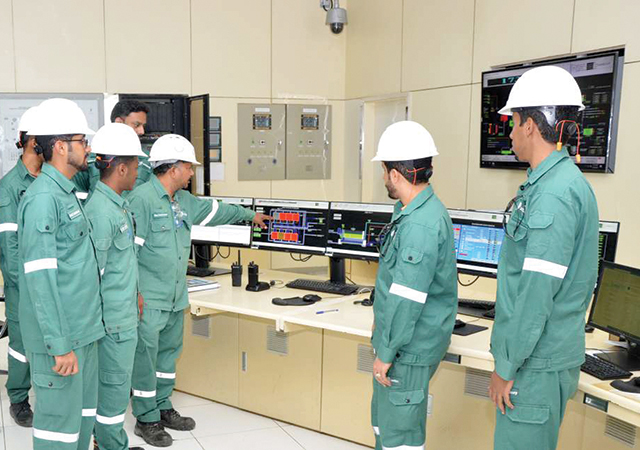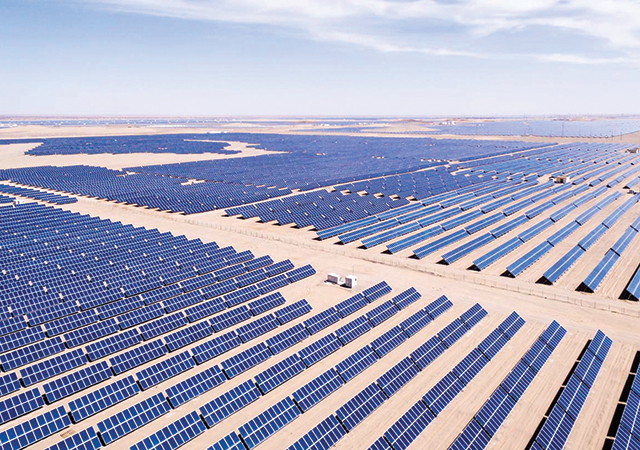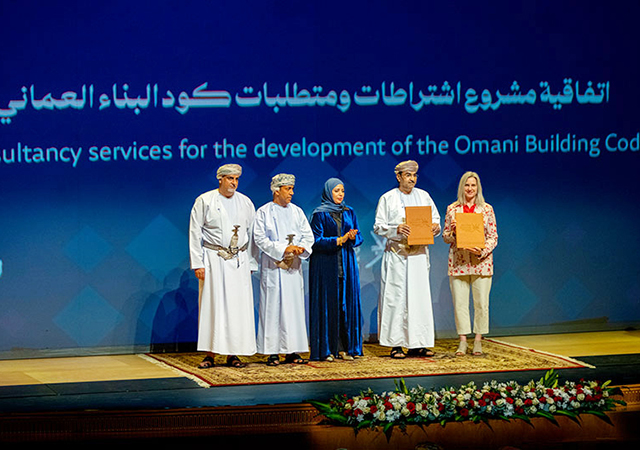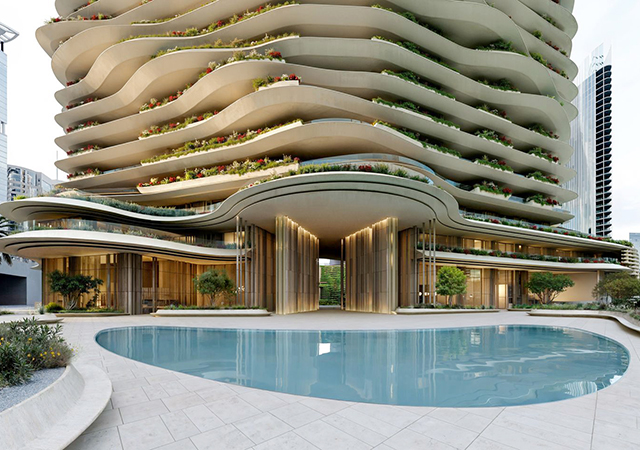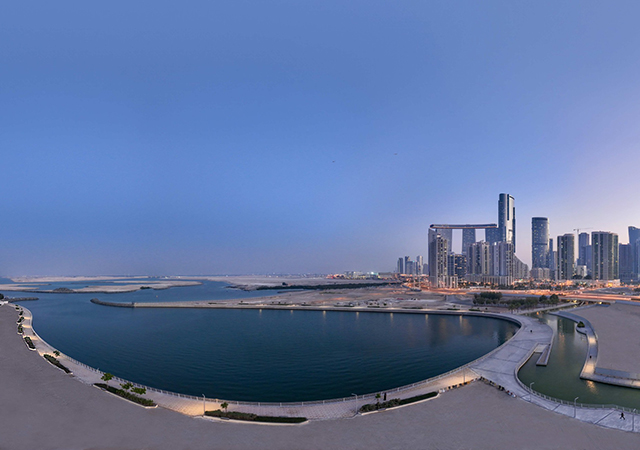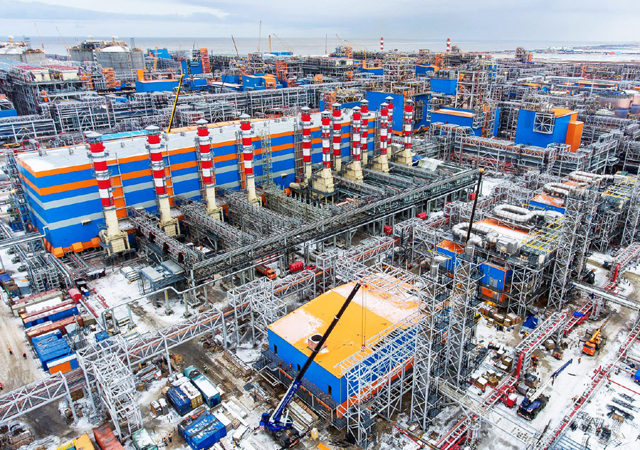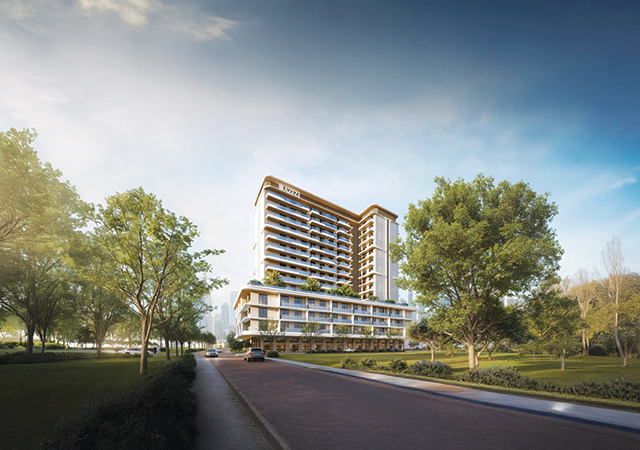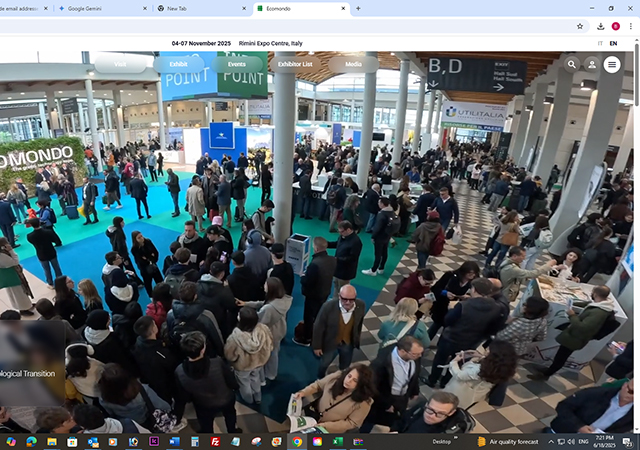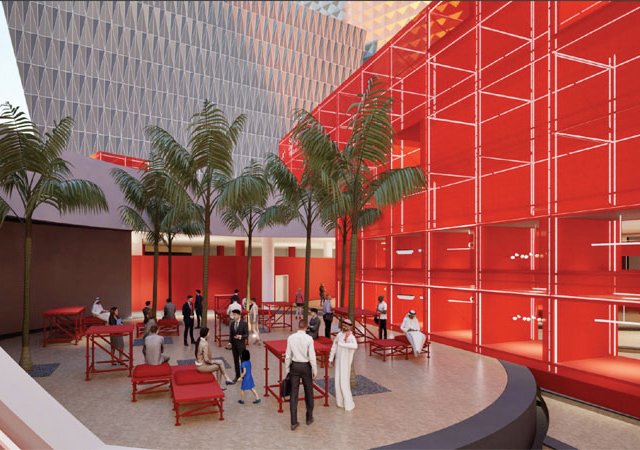
 Hollow-core slabs produced on the Damman-Croes system ... require less labour.
Hollow-core slabs produced on the Damman-Croes system ... require less labour.
A new production line for reinforced hollow-core slabs has been commissioned by Al Fahd Company in the Qassim Province of Saudi Arabia.
The new plant, which has been fitted with Damman-Croes machinery from Belgium, has a production capacity of 2,000 sq m per day and can reach an output of 600,000 sq m annually. Slabs can be produced in any lengths of up to 8 m, width of 600 mm, and thickness of 130 mm to 210 mm.
Located strategically in Onaizah, the facility will allow Al Fahd Company to easily supply precast hollow-core slabs to clients in the kingdom as well as its own housing projects.
Speaking about the plant, Kurt Christensen, director for Al-Cem APS, the Bahrain-based representative of Damman Croes, said: “As the Damman-Croes technology allows production to be tailored according to market demand, the plant enjoys the advantage of being able to deliver from stock as custom made, when the hollow-core slabs are required by clients. This is a major advantage in a market where delivery time is important.”
Damman-Croes is the developer and supplier of turnkey solutions for automated machinery to produce reinforced hollow-core slabs. Its automated systems offer a host of advantages to precast manufacturers, promising high production despite a low capital investment while providing a cost-effective flexible system that ensures easy and speedy delivery.
 |
Yousef Al Fahd, COO of Al Fahd Company, with Lode Belpeer, CEO of Dammam Croes, during the commissioning. |
Damman-Croes systems reduce production costs as they require less labour; and as the steel beds are cleaned automatically, no time is wasted in cleaning operations.
In addition, the reinforced hollow-core technology offers a lot of benefits compared with pre-stressed technology. “Labour costs are a third of that required for the production of pre-stressed slabs,” Christensen said.
The slabs are cast directly on steel beds. Direct vibration on the bottom of these beds guarantees a rapid and very high compacted formation of the concrete, resulting in high strength and a smooth bottom surface, Christensen added.
The system guarantees a very high cost-optimised production of up to 150 sq m per hour with only two operators. The diameter of the steel reinforcement can be adapted to the length of the span (up to 8 m) or to specific high loads. All elements can be produced directly to the required length and height, without cutting.
The production process does not need heating or steaming, higher quality or quantity of cement, strand wire, waterproof or fast-curing additives, cutting blades or strand wire clamps. Some 15 per cent less cement is consumed and cheaper steel rebar are used, he stated.
“In addition, any shape or cut can be made in the slab without impacting its strength and the high flexibility in production makes it possible to change the length of the slab during the production process within 10 minutes,” Christensen continued. “This apart, the production unit can be relocated at any time, if required.”
The flexible Damman-Croes system enables fast delivery of hollow-core to clients and is particularly suited for flooring and roofing applications in houses, apartment buildings as well as car-parks, compared to the traditional systems, bringing in a higher return on investment.
Construction is also fast using the Damman-Croes system, which enables up to 100 sq m per hour of slabs to be placed on site by two to three persons. These slabs can be used immediately as a work platform to allow construction work to continue and eliminating the need for expensive framework and scaffolding. All buildings requirements can be covered with standard 600-mm-wide floor elements.
Al Fahd Company’s Damman-Croes production plant is thus well-positioned to meet the ever-increasing demand to construct residential buildings quickly in Saudi Arabia.
“It is estimated that more than one million housing units – including villas and apartments – will need to be built during the next five-year period to meet the demand for housing in Saudi Arabia. This apart, in light of urban planning schemes, government programmes and private investment, the market for non-residential buildings, such as schools, hospitals, hotels, offices and shopping malls, will also grow significantly,” said Christensen.
However, one of the biggest concerns for contractors in Saudi Arabia is to be able to comply with the deadlines and finish projects in time. “This concern makes the Saudi construction market very attractive for suppliers that can deliver time-efficient solutions and products at a very competitive price. Hence, precast hollow-core slabs such as those offered by Al Fahd Company hold great potential to meet these demands,” Christensen said.
“Thanks to its central location, Al Fahd Company’s plant is ideally positioned to cost-effectively supply the entire Qassim region as well the cities of Riyadh, Jeddah and Makkah,” Christensen pointed out. “In fact, to produce to full capacity, the plant needs to acquire just a limited share of the market (housing and small buildings) in the area.
“As one of the first market entrants with this technology, Al Fahd Company will have an opportunity to take a significant share of the supply of precast slabs for residential buildings, become the leader in the slabs market and be able to create its own brand of the product,” he added.
Al Fahd Company already has a full-fledged readymix plant in the area to complement the hollow-core slabs facility in terms of supply of readymix to clients.
Al-Cem APS (www.al-cem.com) was involved for co-ordinating and providing support to the project. Damman-Croes will be participating in The Big 5 Saudi (Stand 1E41) which will be held in Jeddah, Saudi Arabia, next month (March 9 to 12).



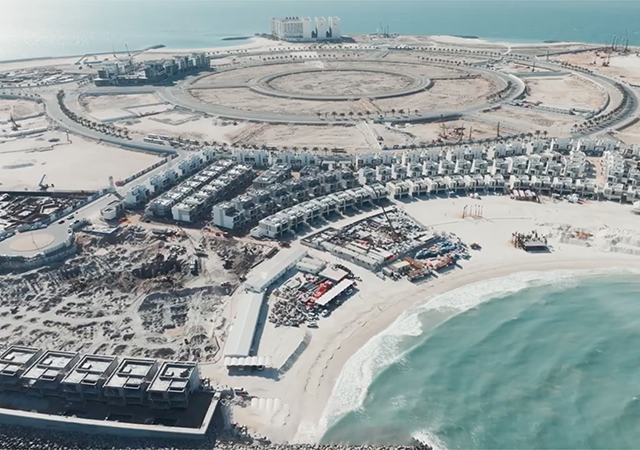

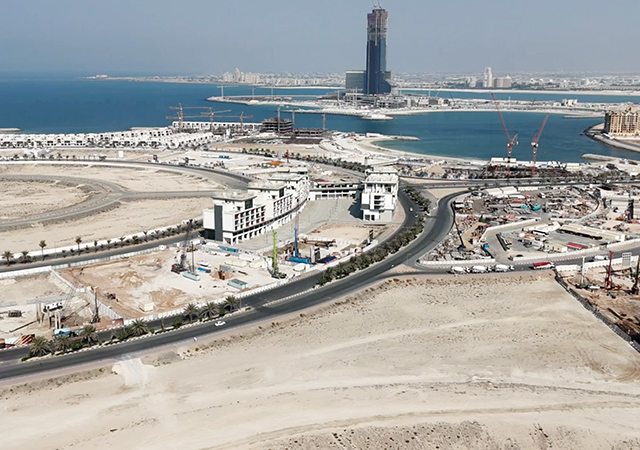

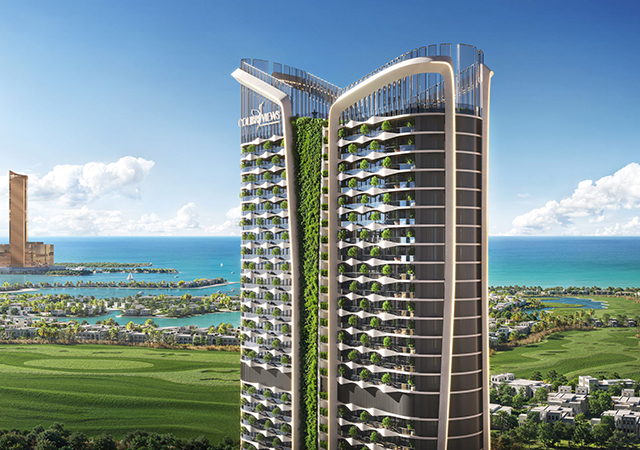
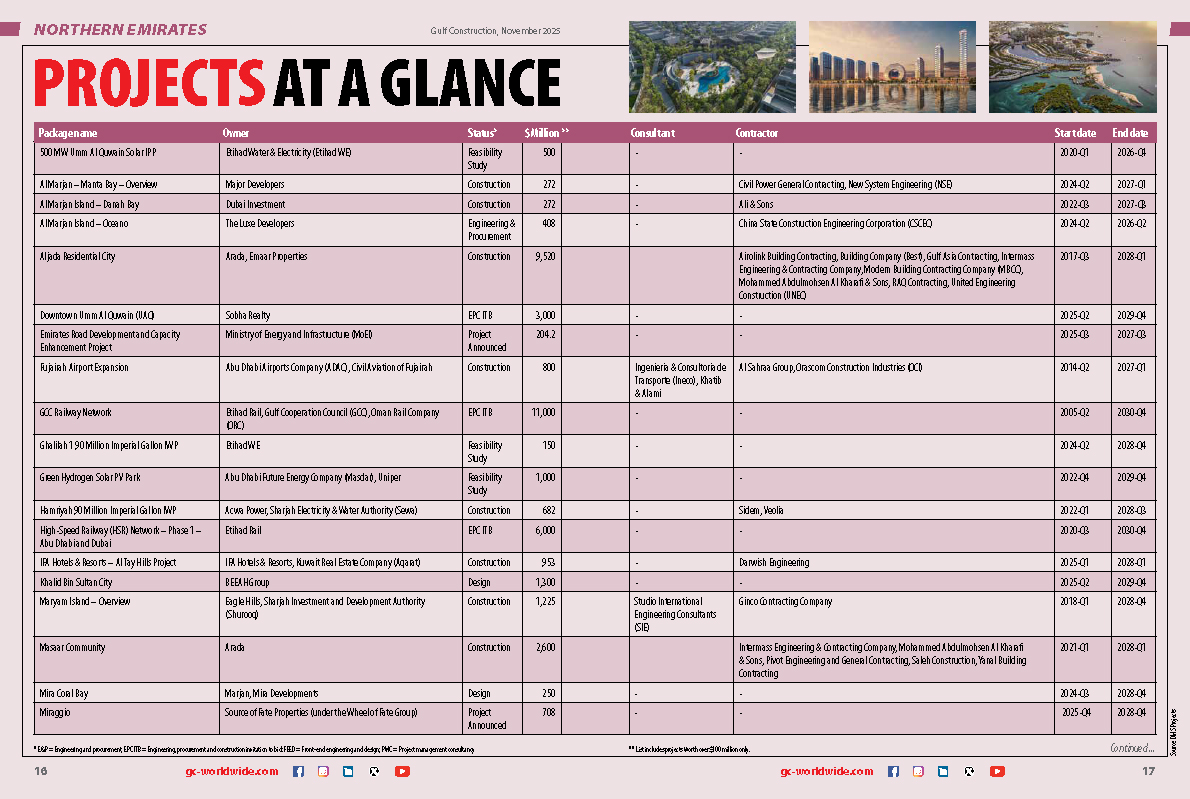
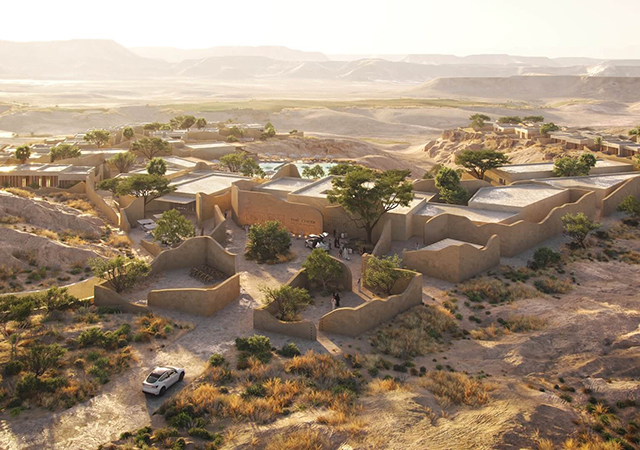



(5).jpg)
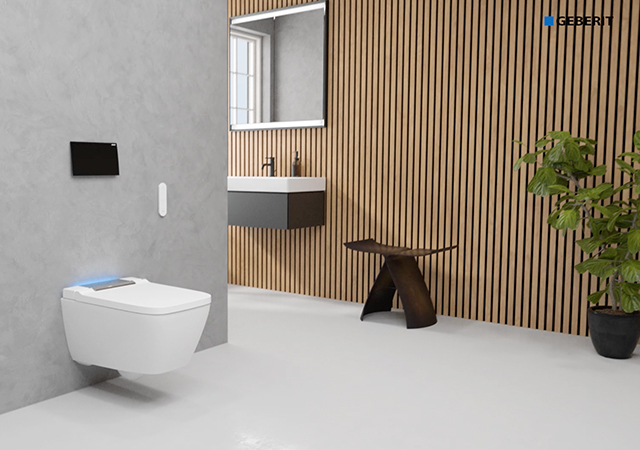


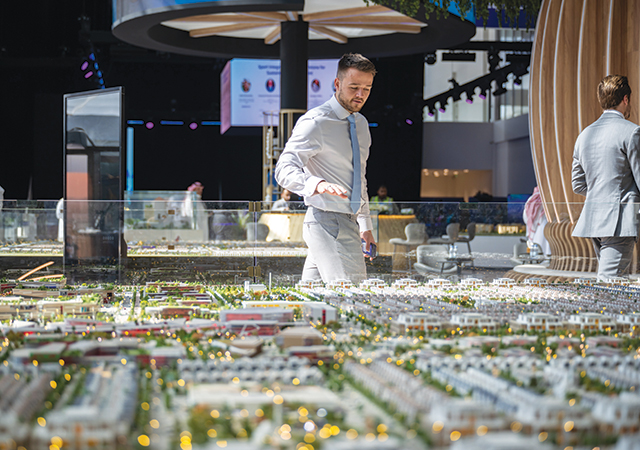

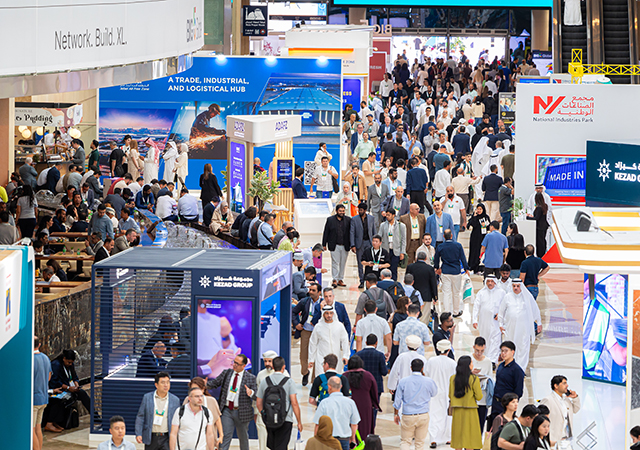
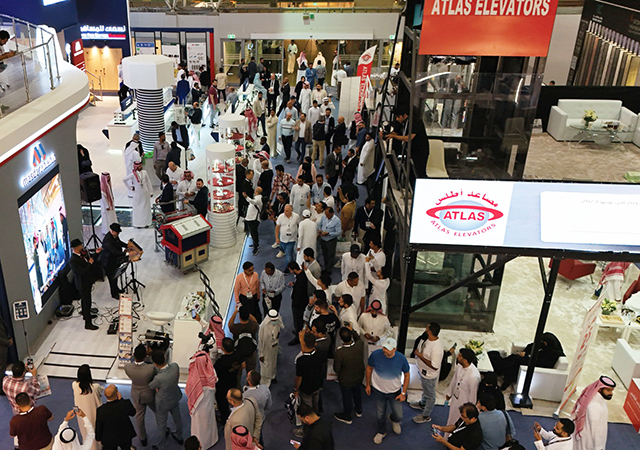

.jpg)



